Water leaks can be a big problem for a homeowner. While a tiny leak in a pipe is quite easy to fix, more serious issues may require a complete repipe. If you’ve experienced different plumbing problems, such as frequent leaks in different areas of your home, pipe failure due to rust, low water pressure, discolored water, strange noises coming from pipes, and/or water that tastes or smells bad, you may need to repipe your home.
Repiping Your Home: Everything You Should Know
Repiping an entire house is a relatively laborious and costly undertaking. Therefore, we strongly recommend having an inspection performed by a repipe specialist first. Only a professional will be able to pinpoint all the plumbing problems that should be addressed, indicate the most suitable solutions for your home, and offer a repiping cost estimate.
During the inspection, the professional will check your property for any signs that indicate your home needs repiping. In addition, he’ll go over the nature of the problems you’re having, any work that has been done on your plumbing system in the past, the piping materials used, plumbing system layout, and off-code situations, if applicable. All these details can turn a complex repiping project into a more straightforward task.
Depending on the age of your plumbing system, the specialist may advise you to do a complete repipe or to repipe a single section of your plumbing system. If a whole-house repipe is necessary, repiping your entire home may cost less than replacing different sections of your plumbing system after they fail. Additionally, pipes that burst unexpectedly can cause substantial damage to your home and may require extensive repairs. If you opt for whole-house repiping, the contractor may have to obtain a work permit from the city in order to proceed with the project. In general, the costs of getting the permits required are included in the overall project estimate.
Next, the repiping specialist will suggest the best material options for your home. Among the plumbing materials available nowadays, PEX offers several advantages that make it an excellent choice for many applications. To begin with, PEX pipes are lightweight and flexible, which means they can be inserted easily in existing water line pathways. Because PEX piping is easier to install and requires smaller openings in drywall, repipe specialists can complete the work sooner. In addition, PEX costs less than other plumbing materials and may last longer because it doesn’t corrode. As well, PEX has a low thermal conductivity rate. As a result, it conserves energy better than other plumbing materials, including copper.
During the repiping process, the plumbers will cover all work areas with plastic sheets in order to prevent damage to your floors, furniture, and other belongings. Then, using special tools that indicate the exact locations of pipes behind your walls, the plumbers will cut and remove small portions of drywall to access your pipes. The pipes in the flooring are usually reached from the basement or ceiling. After installing the new pipes, the plumbers will clean up the mess and restore your home to its previous condition by patching up, retexturing, and repainting the drywall. Once repiping is done, you’ll have a new, leak-free plumbing system.
While a repiping project typically involves replacing an old plumbing system with a new one, you could also opt for specific retrofitting tasks, such as installing a new water heater, expanding the current plumbing system to a home addition, and upgrading your home with low-flow fixtures. Because newer models of low-flow fixtures, including toilets, faucets, and showerheads, use considerably less water, they can lower your water bills considerably. Besides saving you money in the long run and increasing the functionality of your home, installing new fixtures as part of your repiping project will allow you to give your home a fresh look at a lower price than if you would choose to do each job separately.
Depending on the size of your home, a repiping project can take up to a week to complete. After repiping your home, the plumbers will test the plumbing system in order to make sure that water is flowing properly. You should notice the difference in your plumbing system right away. Not only will your water flow easier through pipes, which will increase its pressure; it may also taste better because it doesn’t have to make its way through old, corroded pipes to get to you. Monthly water bills may decrease as well, and you probably won’t have to worry about repairs for many years to come.
Repiping your home doesn’t have to be an overwhelming process. By approaching the right repipe specialists, you’ll get all the details about the work that needs to be done, the best materials for the job, and a team of experienced professionals who can complete any repiping project quickly and effectively.
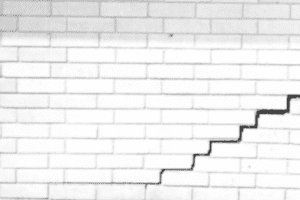
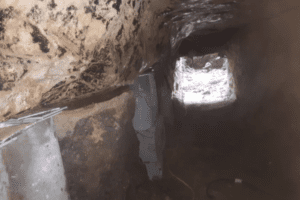
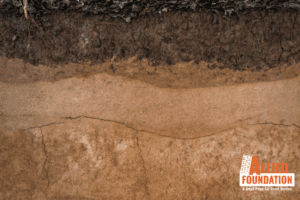
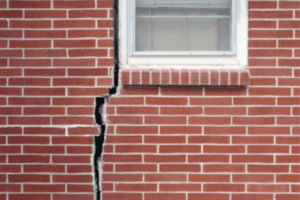
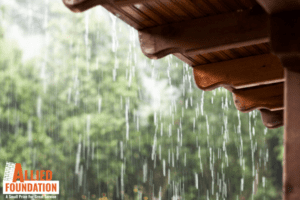
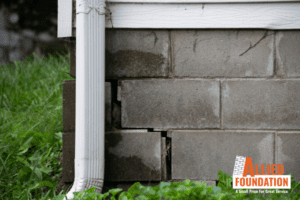


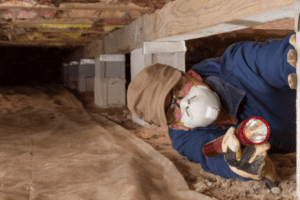
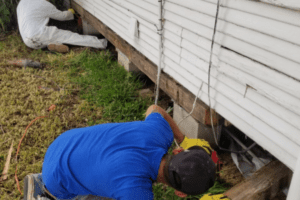
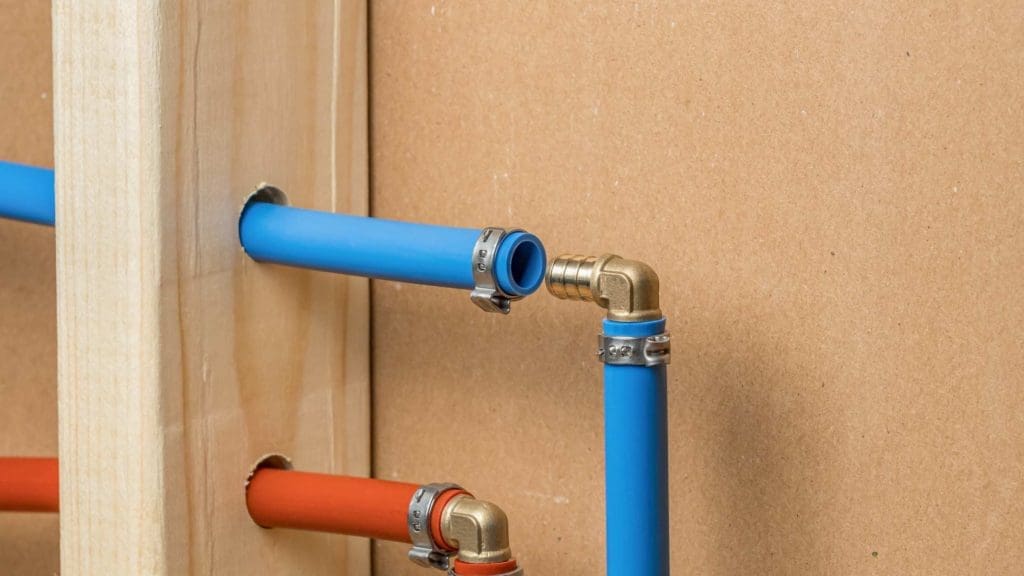



One Response
I find it fascinating that you could use repiping services to prevent the effects of plumbing issues around your home. I have a friend who wants to remodel his uncle’s old summer home into a house that he could live in. I should talk to him about finding a repipe specialist that can help him out someday.